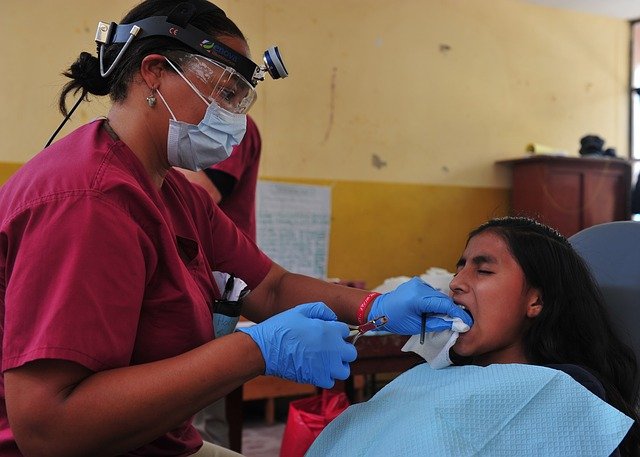Is there any relationship between tooth loss and cognitive impairment? A new analysis shows that tooth loss increase cognitive impairment.
However, older adults with dentures do not show this risk as much as this risk was not significant among older adults with dentures, suggesting timely treatment may cure cognitive decline. The result is published in The Journal of Post-Acute and Long-Term Care Medicine (Qi et al., 2021).
Cognitive impairment has become a serious global health problem, particularly in elderly adults. With the increase of the global aging population, an increasing number of people are suffering from cognitive impairment.
Therefore, it is important to delay the onset and decline of cognitive impairment. Assessing the importance of the health issue, several studies have investigated the risk factors associated with cognitive impairment.

Hypertension, obesity, diabetes, physical inactivity, smoking, social isolation, mid-life hearing loss, less education in early life are among the most established risk factors associated with increase cognitive impairment and dementia (Livingston et al., 2017).
A statement from American Heart Associated also mentioned low blood flow to the brain increases the risk of cognitive impairment and dementia (Gorelick et al., 2011). However, evidence from both clinical observations and animal experiments suggested tooth loss as an increased risk factor for dementia and cognitive impairment (Lin 2018).
As per the Centers for Disease Control and Prevention (CDC) report, about one in six adults, among 65 or older, lost all of their teeth. Globally almost 10 percent of the total population suffers from tooth loss (WHO, 2020).
While describing the links between tooth loss and dementia, many studies primarily pointed to the alternative food habit contributing to nutritional deficiencies or promoting changes in the brain.
Scientists also established a link between tooth loss and decreased gray matter volume contributing to cognitive decline (Lin et al., 2020). Gum disease, a leading cause of tooth loss, also contributes to cognitive decline.
The Study
Improving oral health is paramount to preventing gum disease and tooth loss, and tooth loss-related dementia. In the current study, Professor Bei Wu, PhD, also the Dean at NYU Rory Meyers College of Nursing, and her colleagues conducted a meta-analysis using longitudinal studies of tooth loss and cognitive impairment. The researchers included 14 studies involving 34,074 adults and 4,689 cases of reduced cognitive function.
Outcomes
The scientists found that adults with more tooth loss had 1.48 times higher risk of developing cognitive impairment and 1.28 times higher risk of being diagnosed with dementia, even after controlling for other factors.
They also found that individuals who had dentures in place of missing teeth were less likely to have cognitive decline (16.9 percent) than those who did not have dentures (23.8 percent.
The authors also analyzed if an increasing number of tooth loss is associated with a higher risk of dementia. The research found that each additional missing tooth was associated with a 1.4 percent higher risk of cognitive disturbances and a 1.1 percent increased risk of being diagnosed with dementia.
The results strengthen the evidence linking tooth loss to cognitive impairment and provide evidence that tooth loss may predict cognitive decline.
Significance
“Given the staggering number of people diagnosed with Alzheimer’s disease and dementia each year, and the opportunity to improve oral health across the lifespan, it’s important to gain a deeper understanding of the connection between poor oral health and cognitive decline,” Wu said.
“Our findings underscore the importance of maintaining good oral health and its role in helping to preserve cognitive function,” said Wu.




















